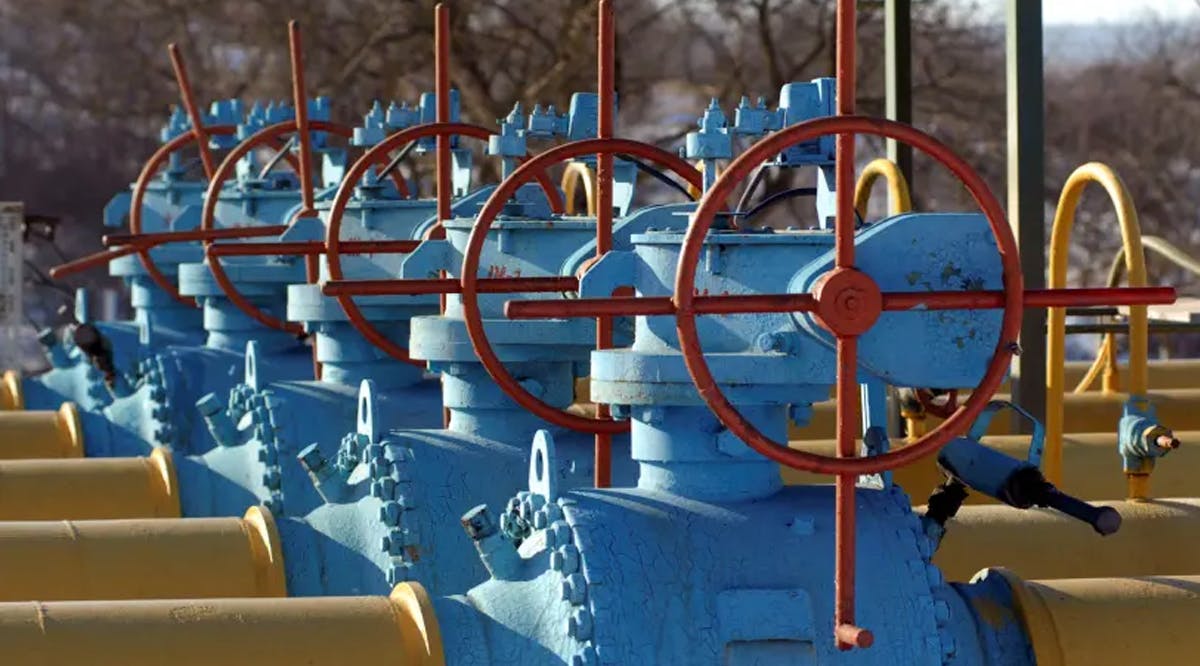
Can Israel Become Europe’s Gas Supplier?
Israel could make moves to position itself as a central gas exporter in the Middle East, as tensions surrounding the war in Ukraine have led to a discussion about alternatives to Russia’s gas exports. While it is already supplying gas to Jordan and Egypt, if the right steps are taken, Israel has the potential to become a natural gas source for Europe, as well.
“Europe is completely hysterical that it sits in the hands of Putin,” said Dr. Alexander Coman, from the Faculty of Management at Tel Aviv University. “The idea that Putin is sitting with his hand on the faucet and can, at will, open or close gas supply to Europe – this is a terrible scenario for them.”
It is, however, a brilliant opportunity for Israel: in its current position, Europe would do much to find alternative sources to its fuel supply needs. “One of the ways is an alternative pipeline that will bring gas – or perhaps electricity – from Egypt, Israel, and [perhaps] Saudi Arabia to Europe, through Cyprus,” explained Coman.
He refers to the EastMed pipeline, a planned project that will directly connect the natural energy resources in the East Mediterranean sea to greater Europe.
In light of Russia’s invasion of Ukraine, there may be an opportunity to revisit the EastMed pipeline’s viability, though it could hinge on US willingness to renege its withdrawal, as well as Europe’s progress in renewable energy.
In a tweet, Likud MK Yuval Steinitz urged the government to promote the construction of the pipeline. “In this time of dramatic rise in energy prices worldwide, and of severe shortages of natural gas in Europe, it is of immense importance to promote Israel’s ability to export gas directly to Europe through pipelines that cross the Mediterranean,” he said.
Germany, which is the largest importer of Russian gas, has announced moves to reduce its dependence on Russia, including the construction of two liquified natural gas terminals. It has also halted the $11 billion Nord Stream 2 Baltic Sea gas pipeline project, which would effectively double Russia’s export capacity made possible by its predecessor, the Nord Stream pipeline.
At present, Israel’s gas supply mainly comes from two primary natural gas fields off the western shore of the country: Tamar, which contains approximately 10.8 trillion cubic feet of natural gas, and Leviathan, which contains 22 trillion cubic feet – enough to last the country for decades at its current level of gas expenditure.
This excess has opened up the opportunity to begin exporting gas to neighboring countries such as Jordan and Egypt. Israel began supplying natural gas to the former in 2017 when Jordan signed a $10b 15-year supply deal. Israel has exported gas to Egypt since 2016 and is expected to substantially increase the export amount in 2022. (JPost / VFI News)
The suggestions, opinions, and scripture references made by VFI News writers and editors are based on the best information received.
Want to see more from VFI? Follow us on Facebook! Our official Facebook name is Vision for Israel. Follow us there and please hit “like” if you like us.